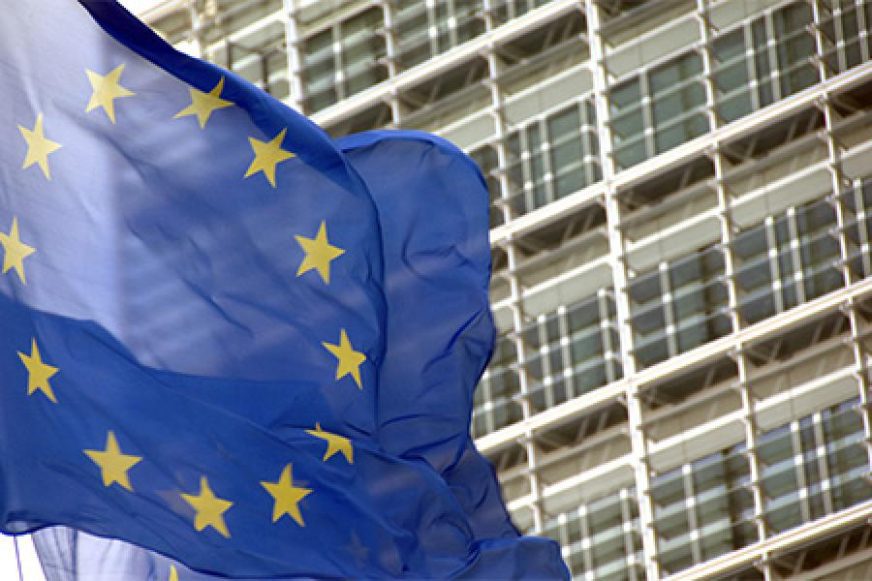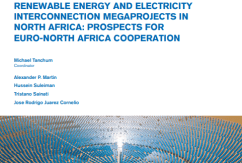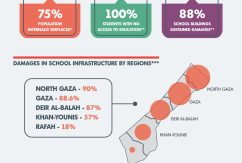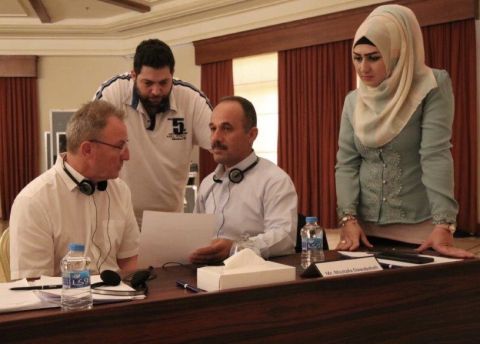Speech on the International Day of Multilateralism and Diplomacy for Peace

Multilateralism is under increasing strain and in need of urgent reform. But effective multilateralism is precisely what we need today, more than ever.
And despite the complex global landscape, there have been successes – the endorsement of the Sustainable Development Goals (SDGs) Stimulus to accelerate progress on implementing Agenda 2030, the breakthrough at COP28 to keep alive the target of avoiding 1.5°C temperature rise, the headway on climate justice or the agreement on the High Seas Treaty to protect precious marine biodiversity.
These agreements take time, effort, and compromise to reach, but once we have agreements at multilateral level, they are strong, they can endure, and they apply to everybody.
The United Nations has been at the centre of these achievements, providing the framework for multilateral cooperation for nearly 80 years.
That is what the United Nations, the EU and other international organisations are all about: working through disagreements, finding common ground, and making progress together. There is no other way for countries or regions to tackle borderless challenges, such as the climate crisis, the global food security crisis, or global pandemics.
When it comes to global peace, the multilateral system is under pressure. Wars are raging on almost every continent. The UN Security Council – the body tasked with maintaining peace and security – is unable to find consensus on some of the most urgent issues. This paralysis comes with a high price.
But what is the cost of non-multilateralism? What if States stopped talking to each other? What if we did not even try? The picture would almost certainly be darker. […]




































